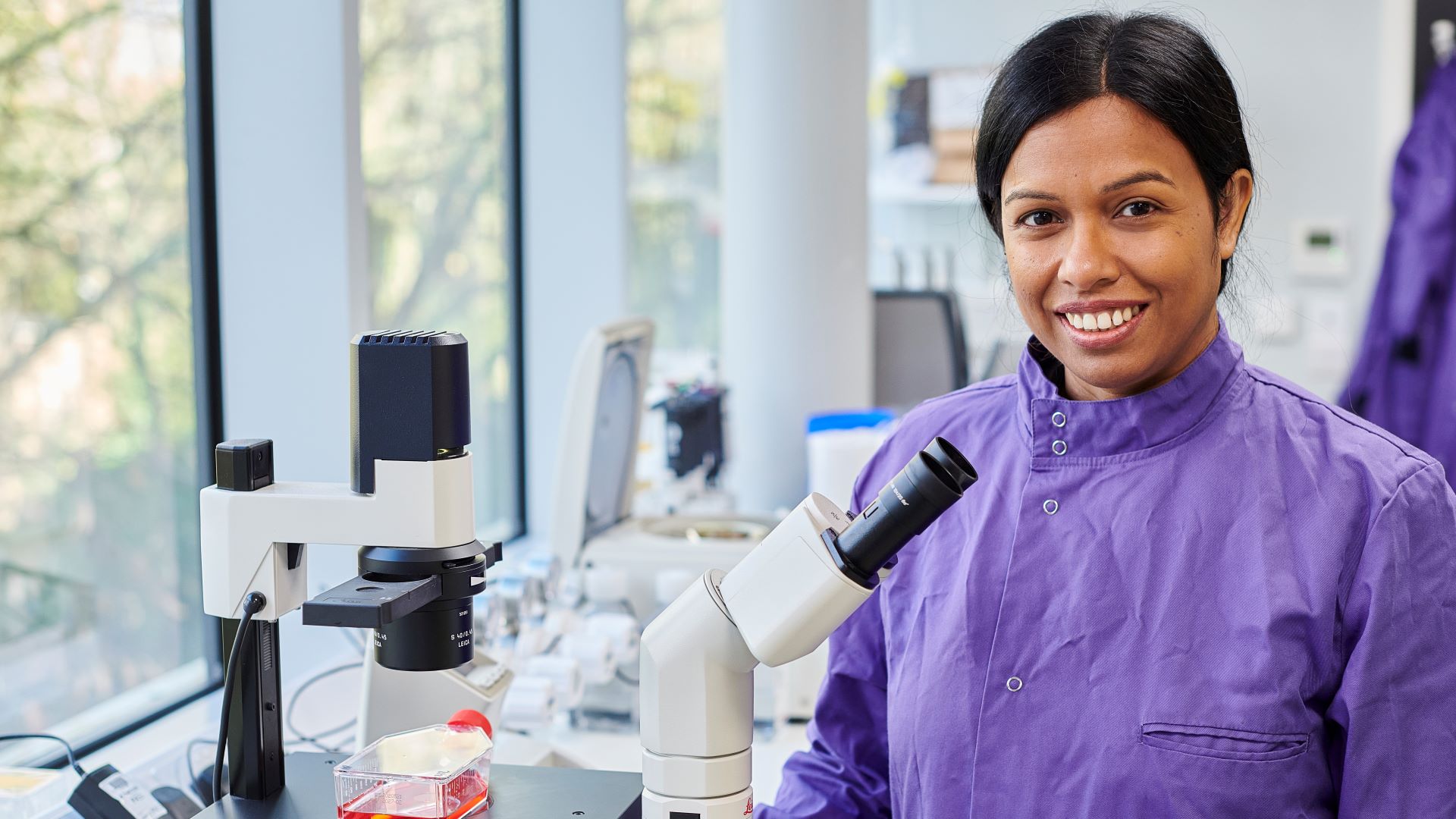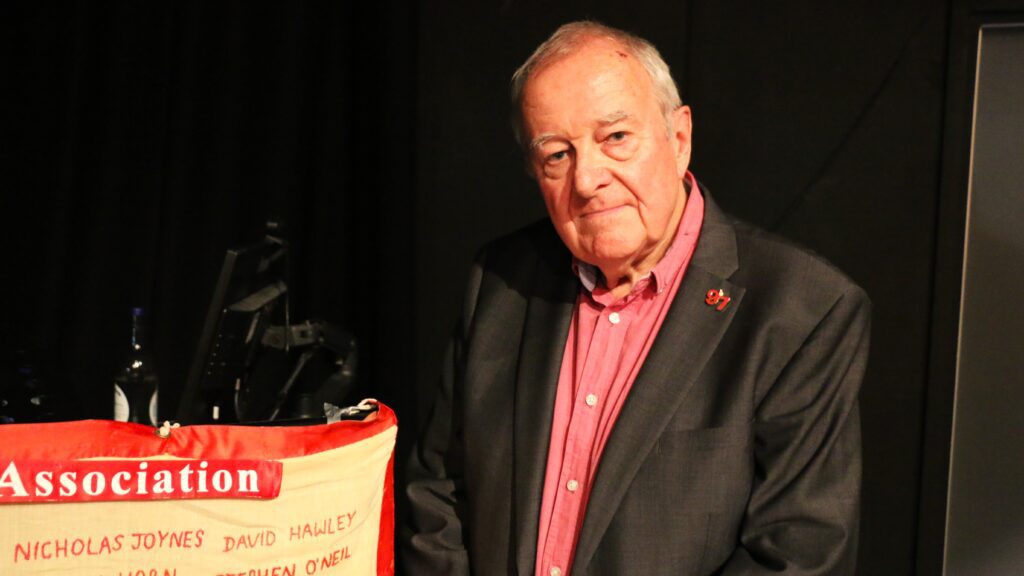The AMS has awarded £100,000 from its Springboard Fund to neuroscientist Dr Adjanie Patabendige. She will use the funding to advance medical science by examining the blood-brain barrier that protects the brain from blood-borne germs and controls the brain microenvironment, which is essential for normal neuronal function.
She will examine how the blood-brain barrier is damaged by cardiovascular diseases, particularly the common heart condition atrial fibrillation, which causes abnormal heart rhythm. Atrial fibrillation has been projected to double in people aged over 55 in the next two decades and is linked to a higher risk of stroke, dementia, and cognitive decline.
On how the Springboard funding will be used, Dr Adjanie Patabendige explained: “The funds will support my research group at Edge Hill University to study the blood-brain barrier using a new model developed using patient data. It will mimic abnormal blood flow in the brain and show at a cellular and molecular level how this may contribute to people developing stroke and dementia.”
The eventual goal of the research is to identify biomarkers that show when a patient is at risk of stroke, dementia or other related issues and use that data to provide early treatment.
Dr Patabendige added: “Eventually we will use what we learn to identify health risks in patients earlier to improve their treatment and perhaps prevent problems from developing in the first place.
“It is also possible that we could discover new treatments that target the blood-brain barrier or the factors that damage it, helping to protect this absolutely vital function in the brain.”
The computerised model at the heart of Dr Patabendige’s research will see her work with partners Professor Gregory Lip from the University of Liverpool and Professor Damir Janigro from Case Western Reserve University, USA. The model they create will draw on patient data sets and will have a wide range of applications for research and treatment strategies.
The grant awarded to Dr Patabendige forms part of over £6.5million worth of funding awarded by the Academy of Medical Sciences to biomedical and health researchers to advance medical science and translate developments into benefits for patients and the wider society.
Dr Suzanne Candy, Director of Biomedical Grants & Policy at the Academy of Medical Sciences, said: “Together with our partners, we are fortunate to be able to support this talented group of researchers doing excellent science. Our strategic ambition is to help create an open and progressive research sector. By investing in these individuals and teams, we are broadening the range of people and disciplines engaged in biomedical and health research, across all regions of the UK, and globally.
“We look forward to supporting our award recipients and seeing how their research has a positive impact on the health of people everywhere.”
Professor George Tablot, Pro Vice-Chancellor for Research, said: “This external recognition and endorsement for Dr Patabendige’s research is very welcome in drawing attention to some of the world-class work going on in Edge Hill University’s research labs, especially in Biomedical Sciences, where we have the opportunity to make a positive impact on the lives of very many people.”
Learn more about the Springboard Fund on the AMS website.
For more information about courses at Edge Hill University, visit the website www.edgehill.ac.uk.
April 25, 2023



